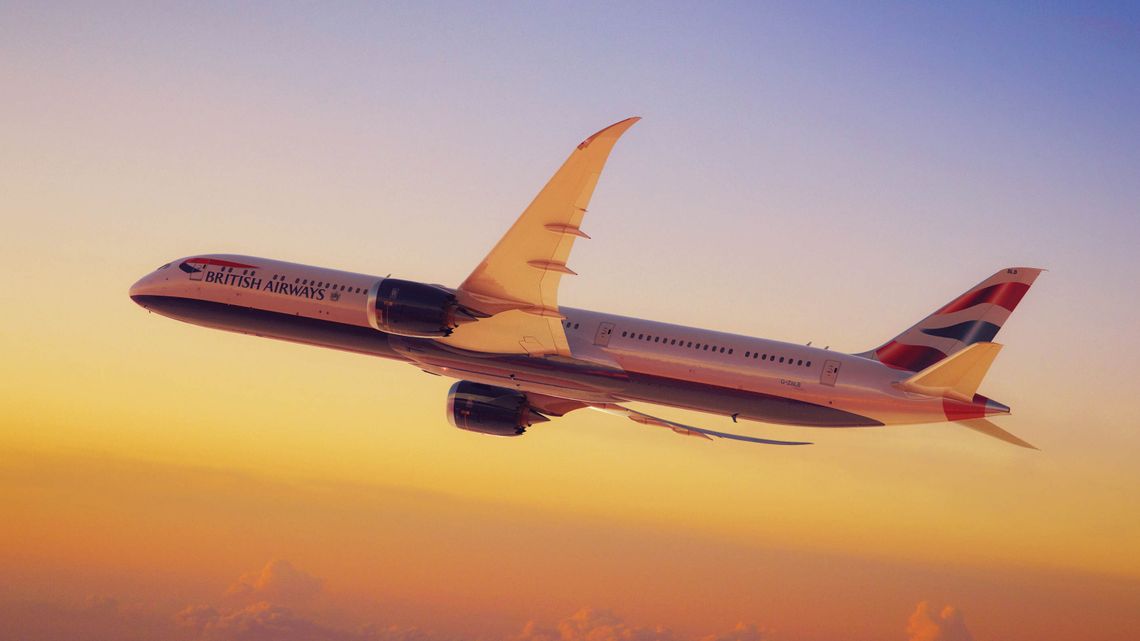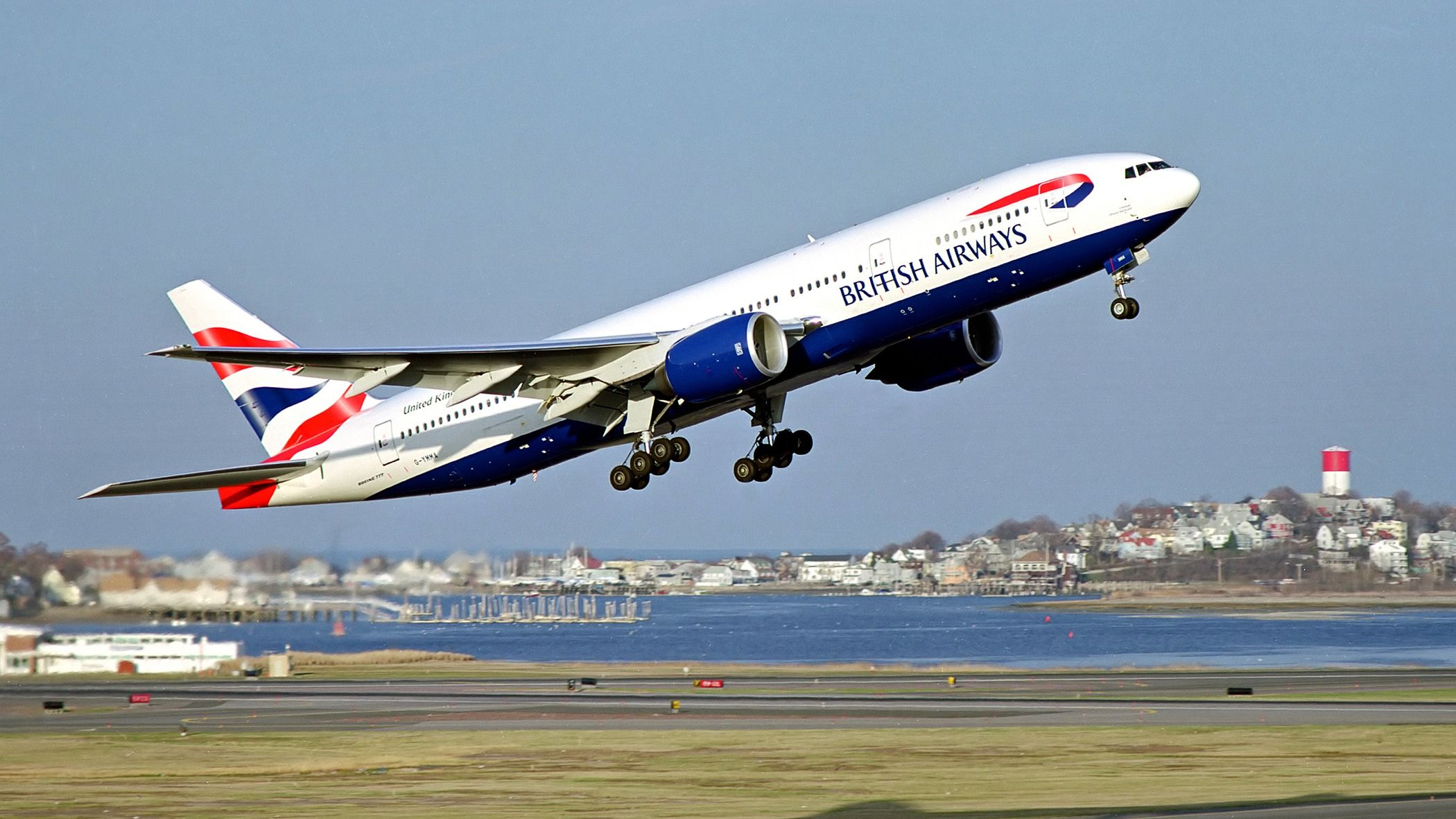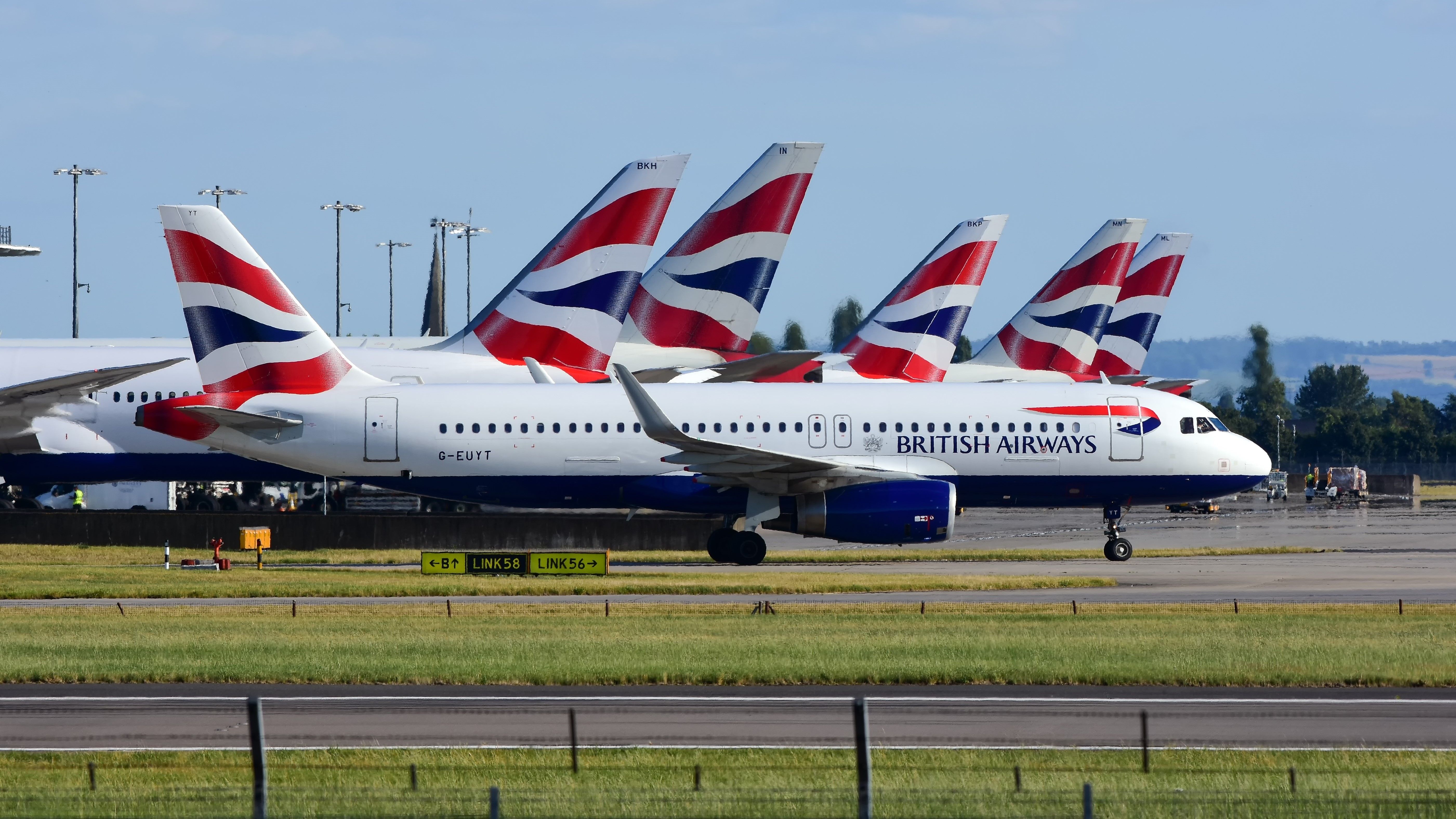Does British Airways Offer Baggage Tracking?
2024-03-22 / News / 14569 Sees / 0 Comments
Imagine the nightmare of losing your belongings, especially when it happens while you're flying across the world. You could find yourself in a foreign country with nothing but the clothes on your back and your carry-on. It’s a fear that haunts every traveler.
The issue of lost luggage is a pressing concern, more prevalent than you might imagine. Shockingly, according to the BBC, baggage mishandling rates soared to a staggering high in 2022. Over 26 million baggage pieces were lost, delayed, or damaged. The figure skyrocketed from 4.35 bags per 1000 travelers in 2021 to 7.6 bags per 1000.
The increase in baggage mishandling is blamed on the shortage of skilled workers in airports. Many workers were laid off during the pandemic, and the post-pandemic travel rush resulted in airports and airlines being unable to handle the demand.
It’s not only passengers who have to deal with missing baggage. Airlines are responsible for the missing baggage and incur costs while searching for baggage or compensating passengers for lost luggage. In 2016, mishandled baggage was estimated to cost the airline industry $2 billion.
Most often, passengers have no idea where their luggage is unless they can slip into an Airtag or similar locator. But that’s changing.
Baggage tracking
In 2016, Delta Air Lines introduced a baggage tracking system that utilized RFID technology. The tags could be fitted to the bags, and passengers can easily track their luggage using the FlyDelta mobile app. According to Delta, the airline invested $50 million in the system and tracked a 99% success rate during its initial deployment.
British Airways has followed suit and implemented a similar system based on RFID technology. In 2019, the airline will take things up a notch in the sustainability department.
The airline has partnered with ViewTags to utilize the novel reusable baggage tags that replace the usual paper baggage tags attached to luggage at the check-in counter. British Airways rebranded ViewTag as TAG and sold it to passengers for £80.
Passengers can track their baggage throughout their entire journey. However, if on a British Airways codeshare flight, the extent of the tracking system relies on their partner airline. If the partnering airline doesn’t have a comparable system, the bag can’t be tracked for that leg.
However, the International Air Transport Association (IATA), representing over 80% of the world’s airlines, passed Resolution 753, requiring airlines to adopt RAIN RFID tracking technology. This means that every passenger will soon be able to track their luggage seamlessly, regardless of where they are.
British Airways TAG
As previously mentioned, British Airlines is utilizing the TAG supplied by ViewTag. The TAG is a reusable baggage tag that uses RFID, Bluetooth LE (low energy), and an E-Ink display.
The TAG is paired to your phone, and when you check in using your British Airways app, your baggage tag will appear on the TAG’s E-Ink screen. The TAG’s E-Ink screen is rated for 3,000 uses, which is plenty for the average traveler.
More about“bagtag,NFC Baggage,”'s article.
The original address《Does British Airways Offer Baggage Tracking?》

